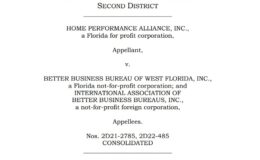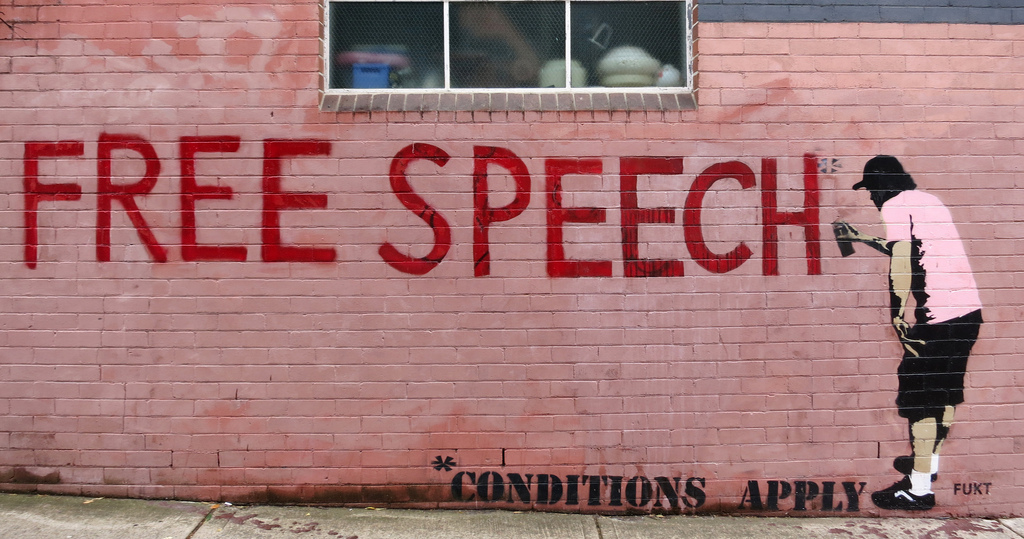Is an alleged defamatory statement by CEO to Board of Directors considered “publication” so that it is actionable? (Hullick v. Gibraltar)
- By : Cbh
- Category : Defamation

A former officer of a bank asserts that the CEO allegedly made defamatory statements about him in front of the company’s entire Board of Directors, who happened to be non-employees. Is that actionable?
The new case of Jonathan Hullick v. Gibraltar Private Bank & Trust Co. and Steven D. Hayworth answers that question: no.
A prior case, American Airlines, Inc. v. Geddes, provided a pretty good hint that this appeal was a loser. In Geddes, the court held, “statements made to corporate executive or managerial employees of that entity are, in effect, being made to the corporation itself, and thus lack the essential element of publication.”
The wrinkle here, or so the plaintiff alleged, was that the board members were not “employees.”
Relying on a recent Fourth DCA case, Hoch v. Loren, the court noted that the rationale that certain intra-corporate communications were not “published” for the purposes of defamation was because of the legal fiction that a corporation is a single entity and that management was so closely connected that the statement was, effectively, the corporation talking to itself.
In our instant case, the court did not see a basis to distinguish between employee vs. non-employee board members.
The court also noted, ” Florida law has long considered a board of directors to be a corporation’s management and has provided that the acts of a corporation’s board of directors are the acts of the corporation itself.”
In short, between Geddes and this new Hullick case, would-be defamatory statements which are made inside the corporation’s management is not “published” for the purposes of defamation, regardless of whether the board of directors are “employees” or not.
This could have an effect on non-profit associations and organizations where the board is composed of volunteer members.
Photo by Willi Frommenwiler on Unsplash


